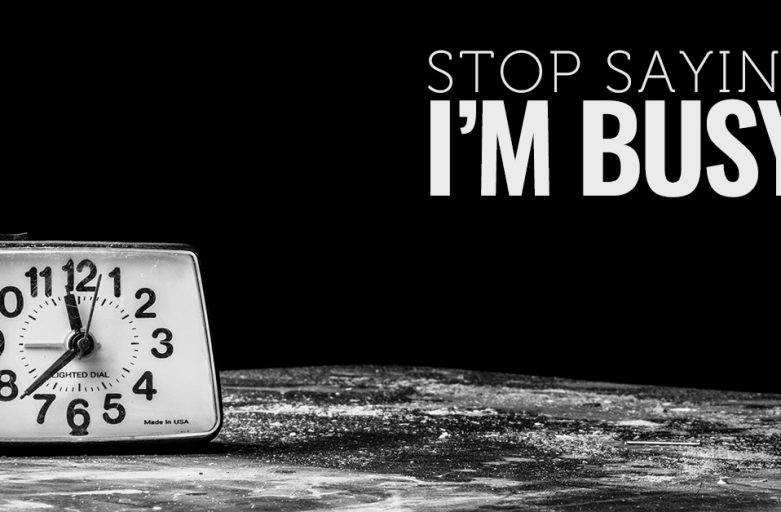“Our body can take a quantum leap but the transformation of our mind is always incremental.”
When we talk about differentiating in our reaction and response, we need to understand what do we mean by reaction and response independently. In any professional or personal situations in our life, when we are expected to express our thoughts and emotions, we tend to express without thinking much. This process becomes reaction. It comes out with our ego, which is self protective and shadowing with our varied emotions like fear, sadness and anger. We unknowing try to save our ass and create a defence mechanism around us. Reactions are normally emotional in nature so it comes out very suddenly, which may lead us to feel regretful.
Response is exactly opposite to a reaction. When we are expected to express out thoughts and emotions, we tend express with right reasoning and rational thought process. Response comes out slowly but it can differ the space between our trigger in mind or event and our interpretation of that trigger or event. This space allows us to create right reasoning, channelise our thought process and balance our emotions. We can move ahead peacefully in our mind to take the right decisions. Practising of giving response helps us to differ between what happens in our life and who we are, which develops our understanding people around us and make our life process more profound and satisfactory. It is little difficult to shift from our normal nature of reacting to responding but continuity and persistent can lead us to give response in any situations.
If you are facing the same problem and want to learn about this in detail, get in touch with us here +91-98220-24674 or write to jeevan@mindhealth.in



